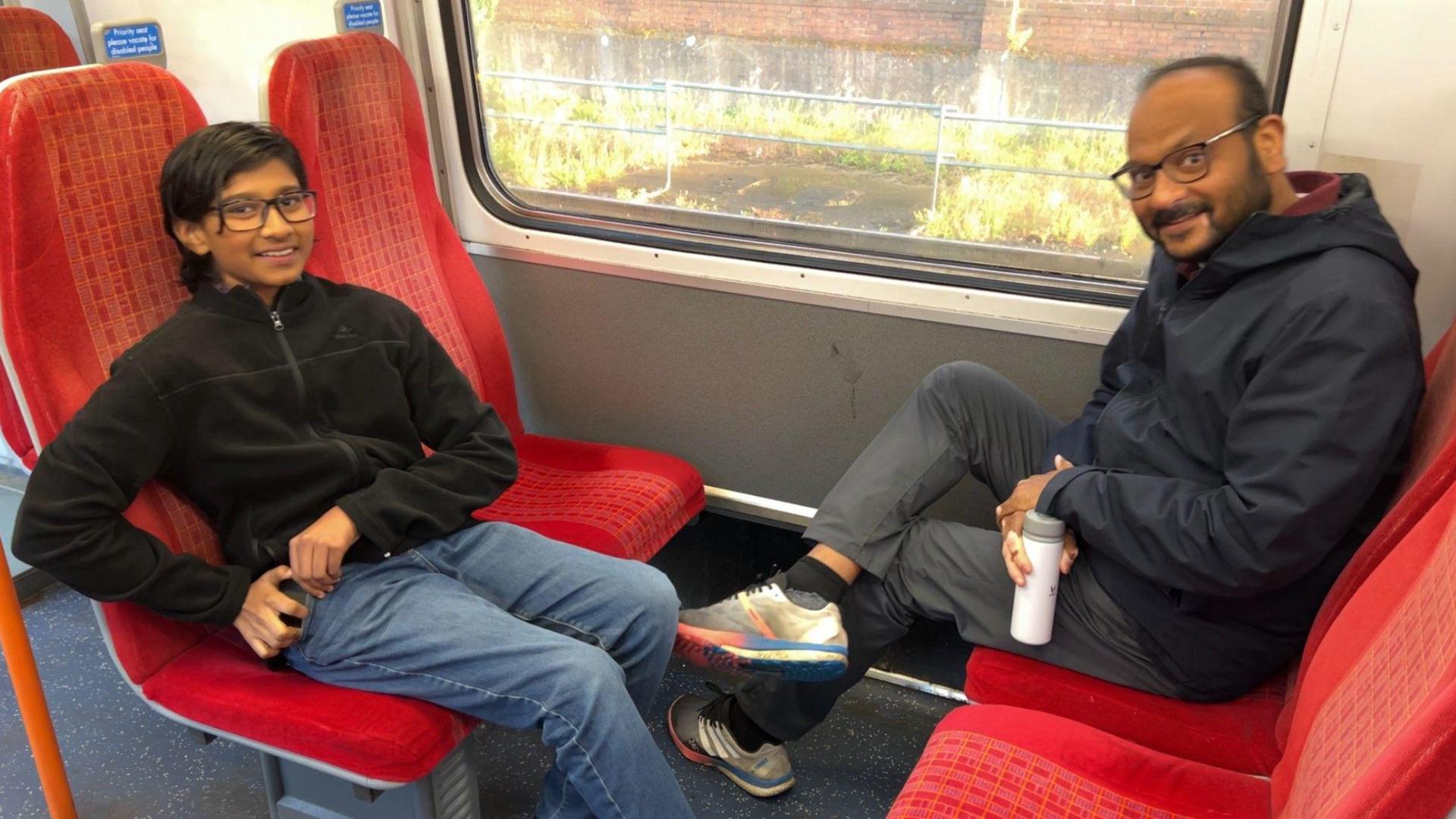Anger over delays on renationalised rail service
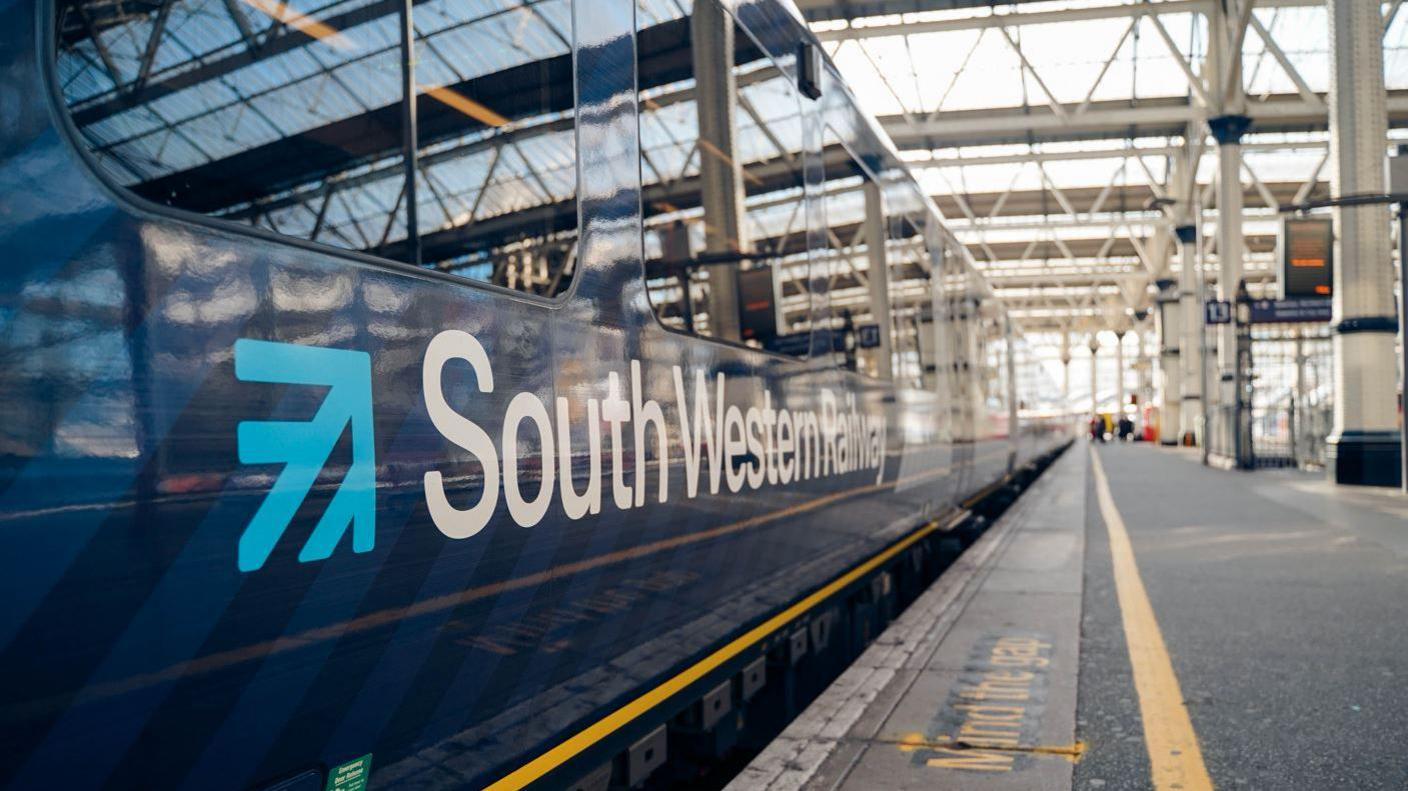
The Department for Transport said £360 million has been invested to renew and enhance railway infrastructure to help keep trains on time
- Published
Passengers travelling on a renationalised rail service have voiced frustrations after service numbers were reduced.
Commuters on the line between Exeter St Davids to London Waterloo said they had endured delays, cancellations, reduced capacity and overcrowding.
South Western Railway (SWR) announced in August following a period of dry weather services between the stations would run once every two hours, reduced from hourly, until further notice.
Network Rail infrastructure director Tom McNamee said it was hoped SWR's timetable would be restored in its "entirety by the end of November or early December" and his team "are doing everything we can to restore the line to a safe condition".
SWR was the first company to be renationalised in May.
Earlier this year it said dry soil had disturbed the tracks, which meant they would travel at 40mph (54km/h) for safety reasons, instead of travelling at a maximum speed of 85mph, increasing the journey time by one hour.
Scott Hollingsworth, a train user in Exeter, said the service had "gradually deteriorated" across the year and sometimes there was a four-hour wait.
He said he had to catch a train which was "rammed with students, up and down the aisles" with many unable to sit down.
Another rail user, Gail Coleshill, said passengers got very little support and a lot of families could not afford to use trains anymore.
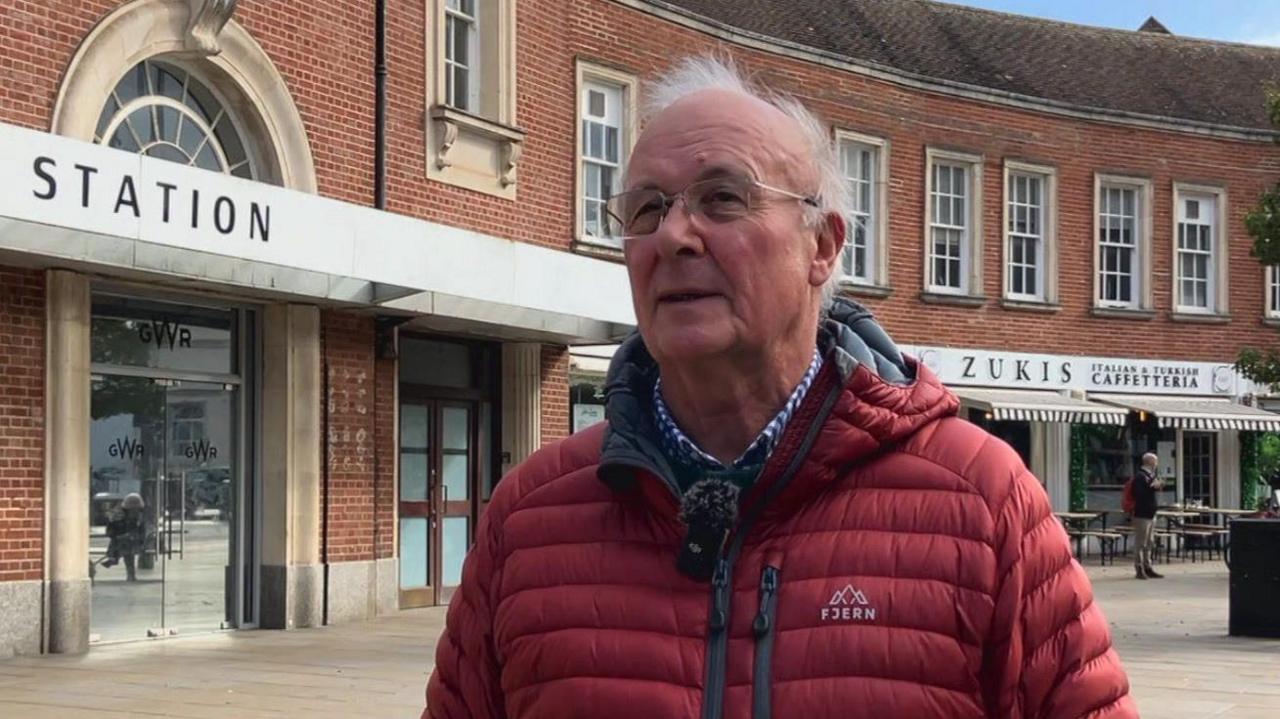
Scott Hollingsworth wants the government and SWR to "think about the passengers"
Richard Foord, Lib Dem MP for Honiton and Sidmouth, said the current service was "completely unacceptable."
He said he had been contacted by users who expressed "real frustration" that they could not travel on "trains that are reliable, punctual and regular".
Nick Hurrell, from the Salisbury to Exeter Rail User Group, called on the government to use these incidents as an opportunity to improve things.
"The government need to do something to make sure this new scenario is working," he said.
The Department for Transport (DfT) said SWR "continues to face long-standing issues inherited from previous private sector ownership, and it will take time to root these out".
"That is exactly why we are bringing all operators back under public control and what we want to do through Great British Railways," it said.
The DfT said the move to public ownership meant SWR and Network Rail now worked closer together.
"Work is already under way with almost £360m being invested this year to renew and enhance railway infrastructure to help keep trains on time, and the number of new bigger and more reliable trains on SWR's network has trebled," it said.
Follow BBC Devon on X, external, Facebook, external and Instagram, external. Send your story ideas to spotlight@bbc.co.uk, external.
Related topics
- Published21 September
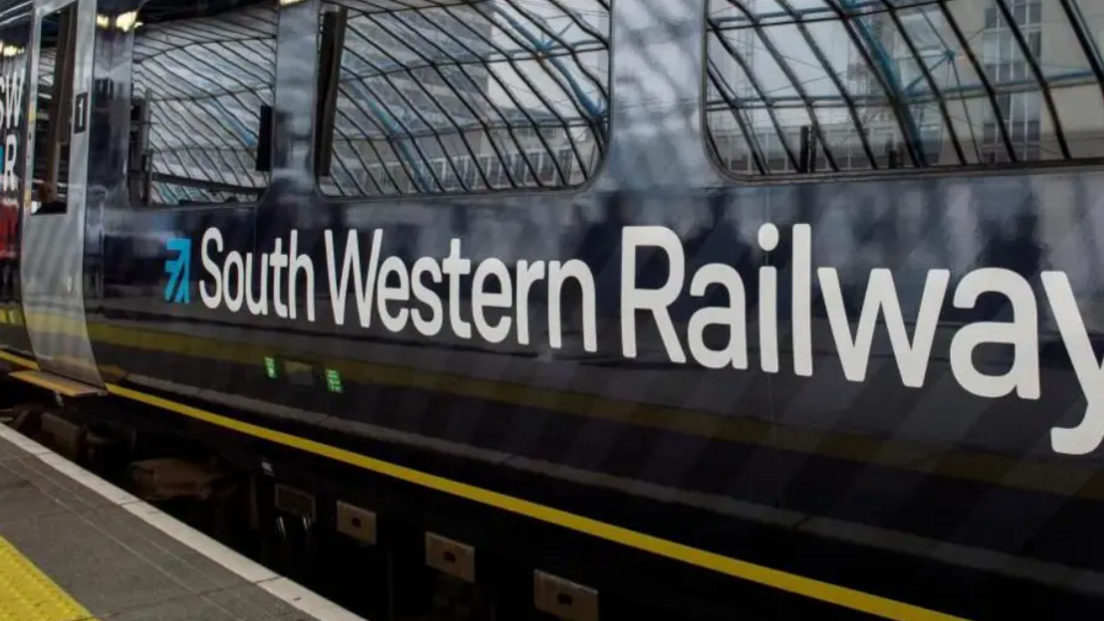
- Published26 July
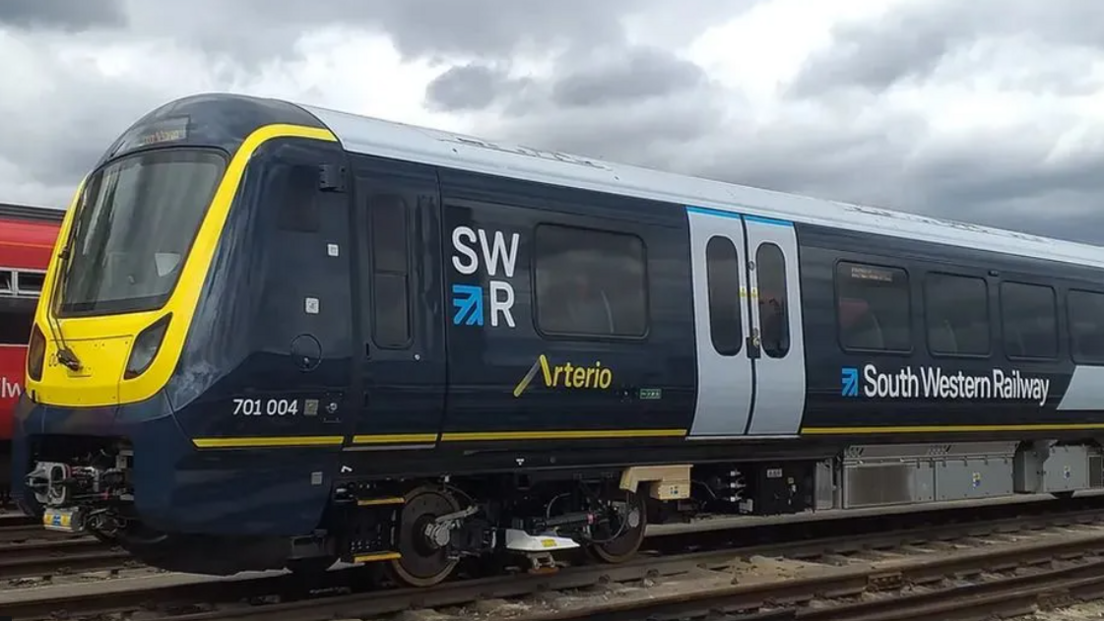
- Published25 May
